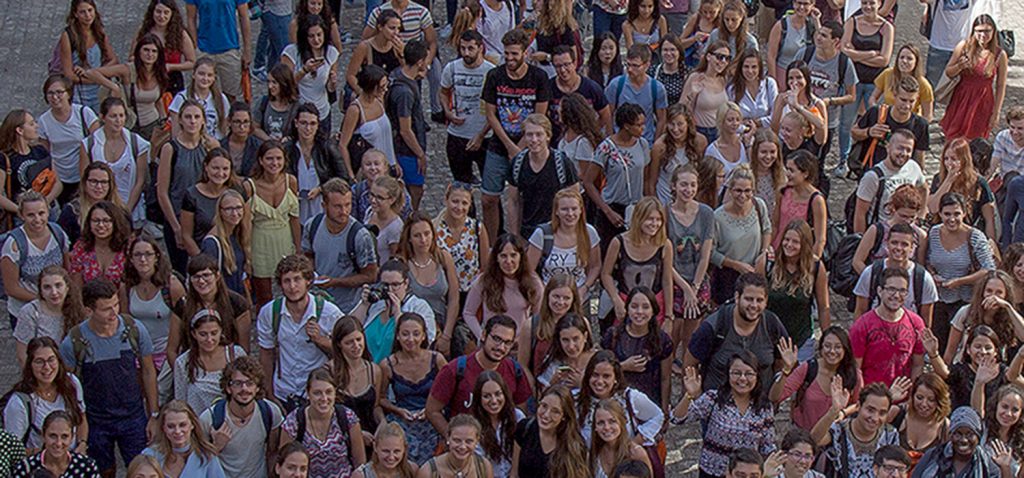It ranks second for the third consecutive year. In 2017, it reached number two in the ranking both in financing and in projects
The University of Cádiz is, for the third consecutive year, the second Spanish university in the results achieved in the Erasmus + KA107 call with third countries of the European Union. In this way, UCA confirms its leadership in this program for the fourth consecutive year, consolidating in the second place in the last three annuities and reaching the second place in the ranking in the last call both in financing and in projects achieved. Thus, the project granted to UCA involves a total of 346 mobilities and a financing of 1,169,715 €, which represents 6.2% of the total budget provided for the set of universities in Spain.
In this way, the University of Cádiz forms a solid consortium made up of 83 universities belonging to 23 countries in sub-Saharan Africa, Latin America, Central Asia, Balkans, Eastern Europe, North Africa and Russia. A powerful international cooperation network that, together with the countries and universities granted in the 2017 call, involves 127 university institutions throughout the world. The countries of this call are Algeria, Azerbaijan, Belarus, Bosnia, Brazil, Burkina Faso, Bhutan, Cote d’Ivoire, Cuba, Egypt, Gabon, Ghana, Guatemala, Jordan, Kyrgyzstan, Lebanon, Morocco, Mexico, Moldova, Russia, Tunisia , Turkmenistan and Ukraine
Among the novelties of this call, the extension of the Aula Universitaria del Estrecho (AUE) to sub-Saharan Africa stands out, since the projects with Burkina Faso, Gabon, and Ghana were added this year to the existing project with Côte d’Ivoire. Likewise, in the Southern Mediterranean and the Middle East, to the already existing projects with Morocco, Tunisia, Algeria, Jordan and Lebanon, this year the project is implemented with the University of Cairo, the most important university institution in Egypt. In turn, the University of Cádiz maintains its leadership in the field of Russian-speaking countries through the Aula Universitaria Hispano-Rusa and adds this year projects with Azerbaijan and Turkmenistan, consolidating as one of the universities with the highest number of mobilities in this geographical area.
In Ibero-America, the maintenance of the project with Mexico is highlighted, which will allow the continuation of strategic actions between the University of Cádiz and the National Autonomous University of Mexico (UNAM) within the framework of the International Campus of Excellence in Marine Sciences (CEI·Mar) , and Cuba. In addition, new projects have been achieved with Brazil and Guatemala, which foresee the development of actions in social responsibility, gender equality and in the CEI·Mar.


